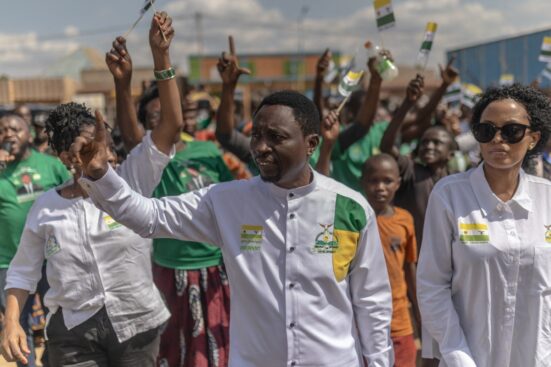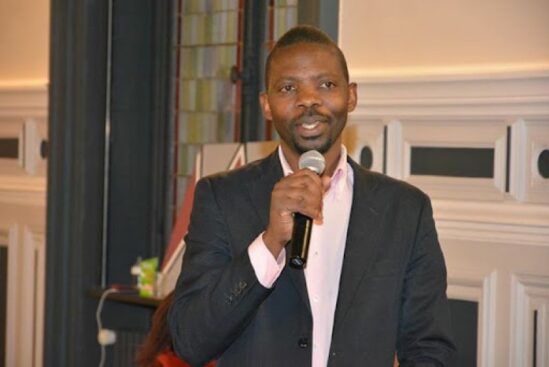The two candidates authorised to stand against Rwandan President Paul Kagame in Monday’s election are also the only two who ran against him in the last poll in 2017.
Here is what you need to know about the two men:
Frank Habineza

Habineza, representing the Democratic Green Party (DGPR), won just 0.48 per cent of the vote in 2017 to become one of the party’s two politicians in parliament.
The 47-year-old is a former member of Kagame’s ruling Rwandan Patriotic Front (RPF), but defected in 2009.
- How can leaders revitalise their organisation in a recovering economy?
- N/Assembly will not dump any constitution on Nigerians — Kalu
He fled to Sweden in 2010 after the unsolved death of his party’s vice president, but said in 2012 he was returning to fight for democracy in his home country.
During the campaign, he has pushed for pay rises for doctors and teachers, the abolition of property tax and modernising agriculture while protecting the environment.
He has also called for greater freedom of expression, while taking care not to directly criticise Kagame, who has been Rwanda’s de facto ruler since the end of the 1994 genocide which claimed some 800,000 lives, mostly Tutsi.
He has dismissed accusations his candidacy is a front to appease Western donors, telling AFP in March: “You need to be inside the game, fighting the game.”
Philippe Mpayimana

Mpayimana, who is now serving as a senior expert in the Ministry of National Unity and Civic Engagement, took home just 0.73 per cent of the vote in his 2017 attempt.
The former journalist left Rwanda for the Democratic Republic of Congo in 1994, at the same time as hundreds of thousands of Hutus fled the advance of Kagame’s Tutsi-dominated militia, in the final days of the genocide.
The 54-year-old settled in France in 2003, after stints in Congo-Brazzaville and Cameroon, and since 2012 has divided his time between there and Rwanda.
Mpayimana told AFP he sees himself as a “peaceful opponent” who is running “without showing any hostility”.
He wants to reform the Labour Code, as well as renovate and develop transport infrastructure.
“I recognise the good results, but I do not wish my people to only continue to applaud, we must prepare for the future,” he said.

 Join Daily Trust WhatsApp Community For Quick Access To News and Happenings Around You.
Join Daily Trust WhatsApp Community For Quick Access To News and Happenings Around You.


